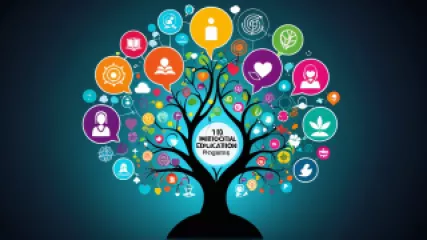My Journey to Building Resilience: Overcoming Life's Challenges
1 year ago
Resilience
Embracing Positive Thinking: Overcoming Negative Mindsets
1 year ago
Overcoming Negative Thinking
The Ultimate Guide to Mastering the Psychology of Sport
1 year ago
Psychology Of Sport
The Science and Psychology Behind Thoughtful Gift-Giving
1 year ago
Psychology of Gift Giving
The Overlooked Superpowers of Sports Psychology
1 year ago
Psychology Of Sport
Top 10 Stress Management Techniques to Overcome Negative Thinking
1 year ago
Overcoming Negative Thinking
Top 10 Surprising Psychology Behind Giving Gifts
1 year ago
Psychology of Gift Giving
Top 10 Digital Psychoeducation Programs for Mental Wellness
1 year ago
Psychoeducation
Conquering Negative Thoughts with Cognitive Behavioral Therapy
1 year ago
Overcoming Negative Thinking
Building Mental Toughness: A Step-by-Step Guide to Handling Life's Setbacks
1 year ago
Handling Life Setbacks
Why Psychoeducation is Essential for Mental Health Wellness
1 year ago
Psychoeducation
Navigating the Emotional Landscape: A Personal Journey
1 year ago
Understanding Emotions
How to Replace Negative Thoughts with Positive Ones: A Step-by-Step Guide
1 year ago
Overcoming Negative Thinking
The Gift of Happiness: My Journey with Gift Giving
1 year ago
Psychology of Gift Giving
Insights from a Sports Psychologist: Psychological Skills Training in Sports
1 year ago
Psychology Of Sport















